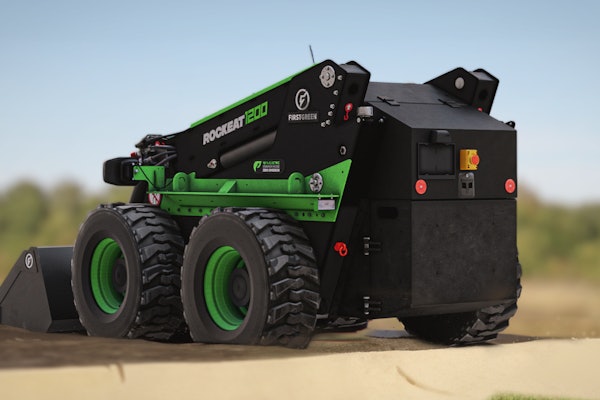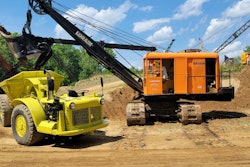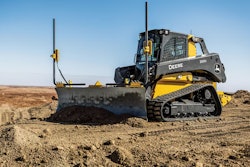 Credit: ProfoundlyDisconnected.com
Credit: ProfoundlyDisconnected.comWe like Mike Rowe.
His Go Build series of TV spots and YouTube videos do a great job of introducing people to the construction industry and trades and how happy and successful you can be in those jobs. He’s honest and outspoken about how our country undervalues vocational training and the skills gap that’s created.
Plus, he helped us out with our Contractor of the Year contest.
And that’s all in addition to the thing he’s most famous for: the hilarious TV show “Dirty Jobs,” which puts successful guys who work hard in the spotlight. And most of the time they’re doing jobs no one wants.
But now, Rowe has written a piece for Popular Mechanics that everyone should take the time to read. In it, he tells a story a lot of us can relate to. “When I was 17 my high school guidance counselor tried to talk me into going on to earn a four-year degree,” Rowe writes. “I thought a community college made more sense, but Mr. Dunbar said a two-year school was ‘beneath my potential.'”
That memory is a perfect description of what’s going wrong all across the country. Despite the fact that there is a lot of opportunity and a lot of money to be had in construction and other trades, teachers, guidance counselors and a lot parents are basically telling kids that if they wind up there, they’ve failed.
“He pointed to a poster hanging behind his desk,” Rowe continues. “On one side of the poster was a beaten-down, depressed-looking blue-collar worker; on the other side was an optimistic college graduate with his eyes on the horizon. Underneath, the text read: Work Smart NOT Hard.”
It’s an image that has stuck with Rowe his entire life, largely because he ignored his counselor’s advice and went to a two-year college. And now look at him.
Unfortunately, most kids don’t do the same. In the best cases, these students wind up with a job they don’t like or that doesn’t pay enough to pay off their student loan debt. But more often than not, they wind up with no job at all. “And we have a skills gap,” Rowe writes. “At last count, 3 million jobs are currently available that either no one can do, or no one seems to want. How crazy is that?”
In construction, where many experienced workers either retired or left never to return during the economic downturn, there is a very real skilled labor shortage that is hurting the industry’s recovery. Wisconsin, Minnesota, California, Michigan and Texas are just a few of the places reporting an inability to find skilled workers as a reason companies are unable to meet the demand of the rebound.
Long story short: the construction industry needs an infusion of young workers ready to be trained. Meanwhile, Rowe reminds us that vocational training has “vanished” from high schools and high-paying jobs, like the 20 unfilled positions for mechanics at the Caterpillar dealer in Las Vegas Rowe mentions, go unfilled.
In the end, Mike has suggested a change to that poster you’ll want to check out and it’s inspired him to create a new project called Lessons From the Dirt. He wants to give good, hard-working jobs in construction and the trades a fighting chance in the thousands of guidance counselor offices across the country.
Like we said, we like Mike Rowe.












